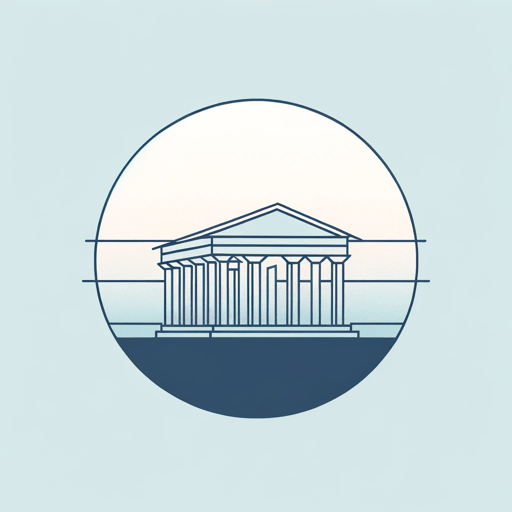44 pages • 1 hour read
Ed. John C. Gilbert, EuripidesIon
Fiction | Play | Adult | BCEA modern alternative to SparkNotes and CliffsNotes, SuperSummary offers high-quality Study Guides with detailed chapter summaries and analysis of major themes, characters, and more.
Important Quotes
“A cradle made
To the ancient rule she laid with him, a round
Casket, with golden serpents interwound.
Twas thus to Erichthonius, child of earth,
Athena gave, as guardians of his birth…”
(Lines 18-19)
Hermes speaks these lines within what can be considered a formal prologue. As is often accomplished by prologues, these lines both showcase the circumstances leading up the play and foretell the events that will happen therein. These lines specifically describe the specific accoutrements of the basket in which Creusa deposits her infant son. These items are termed “symbols,” whose Greek equivalent symbolon generally denotes a physical object that marks or identifies something. This cradle, and the serpents within it (in addition to the crown of olive branches and unfinished weaving), will allow Creusa to prove that she is Ion’s mother.
“O happy slavery! ‘Tis well,
Lord Phoebus, at thy door to dwell
And bow before thine oracle.
No task to mortal man I ply
Of service, but to One on high
And deathless…” (Lines 128-133)
(Lines 128-133)
These lines appear in Ion’s opening monologue. After remarking on the glorious dawning of the day (an event made possible by the sun-god Apollo), Ion comments on how happy he is to be working in the temple precinct. “Phoebus” (ancient Greek for “bright” or “radiant”) is an epithet for Apollo. Ion considers himself fortunate and blessed to live in Delphi, the seat of the ancient oracle, Apollo’s mouthpiece. These lines reveal the extent of Ion’s reverence for the god and establish the framework in which the plot’s first conflict emerges: Ion does not want to leave his vocation to join his alleged father
Related Titles
By these authors
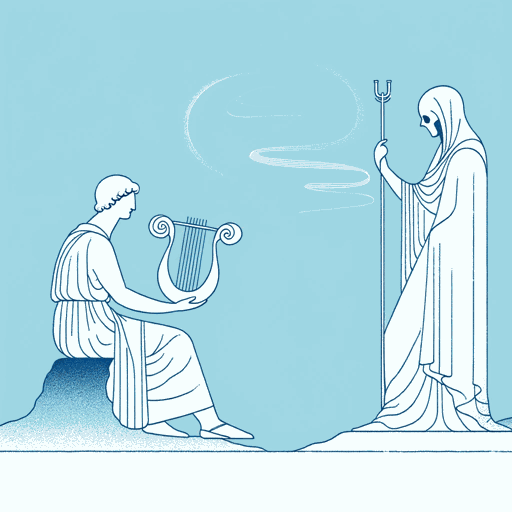
Alcestis
Euripides
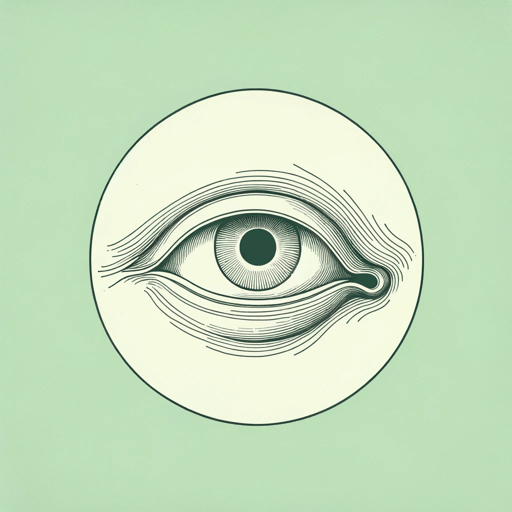
Cyclops
Euripides
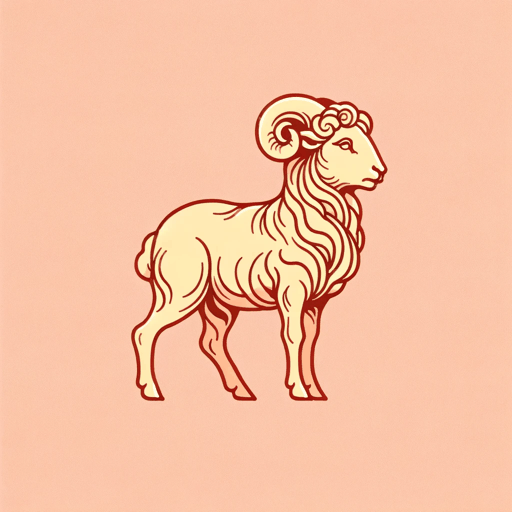
Electra
Euripides
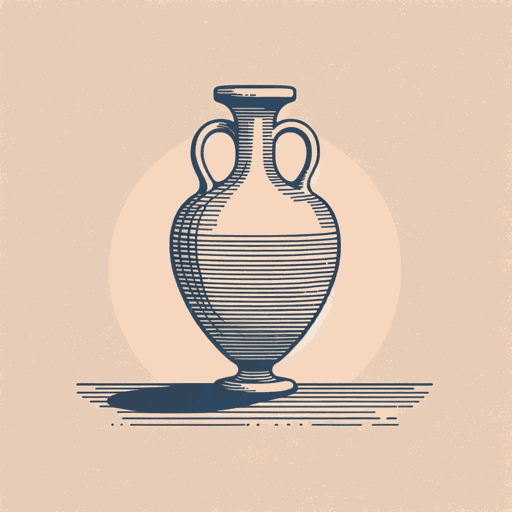
Hecuba
Euripides

Helen
Euripides
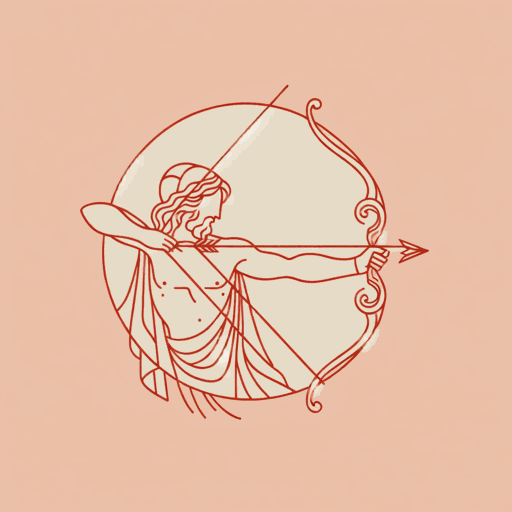
Heracles
Euripides
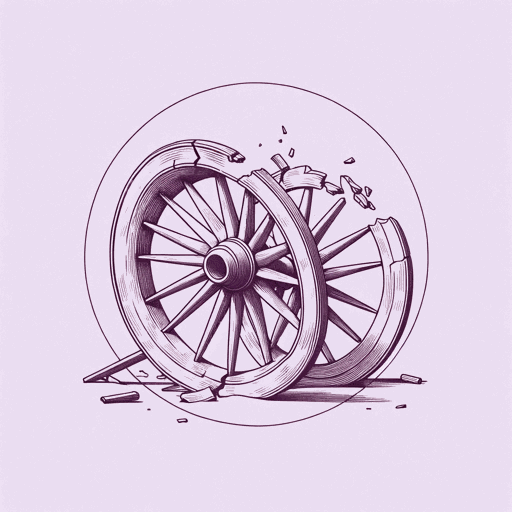
Hippolytus
Euripides

Iphigenia in Aulis
Euripides
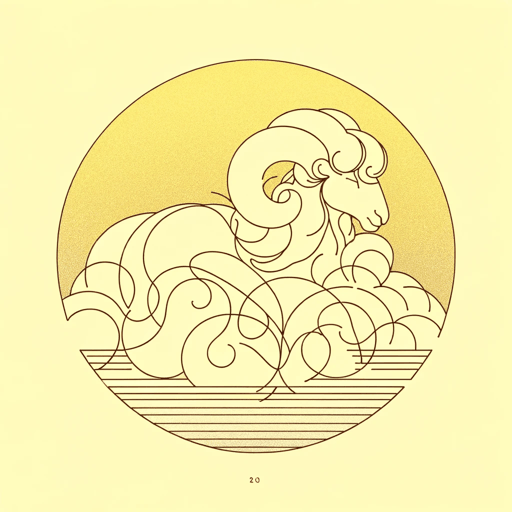
Medea
Euripides
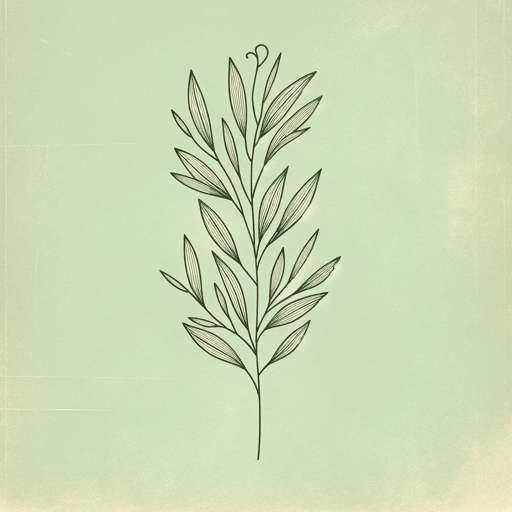
Orestes
Euripides
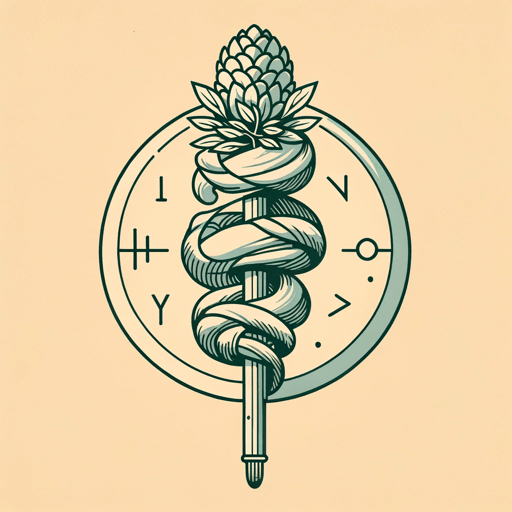
The Bacchae
Euripides
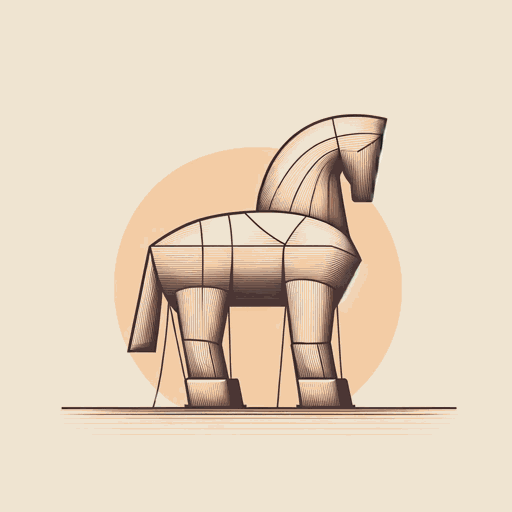
Trojan Women
Euripides
